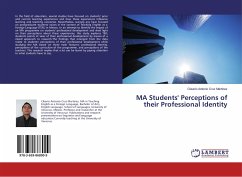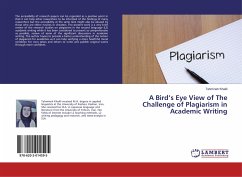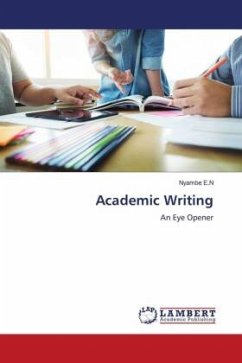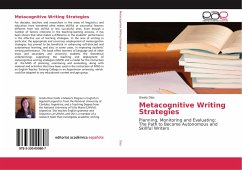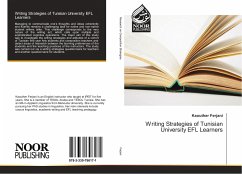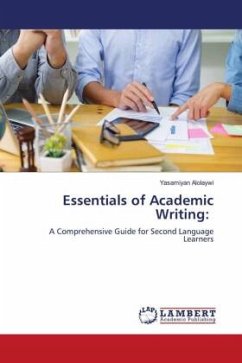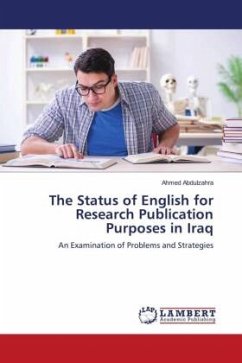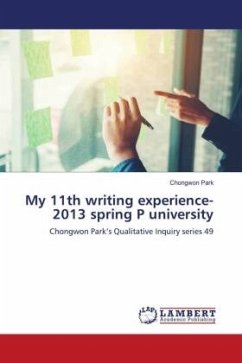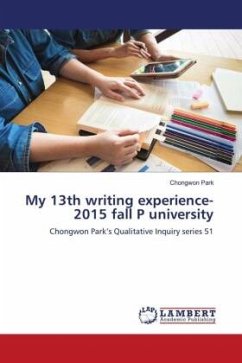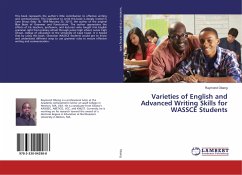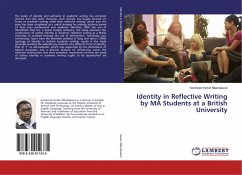
Identity in Reflective Writing by MA Students at a British University
Versandkostenfrei!
Versandfertig in 6-10 Tagen
37,99 €
inkl. MwSt.

PAYBACK Punkte
19 °P sammeln!
The study of identity and authority in academic writing has attracted interest over the years. However, such interest has largely focused on forms of academic writing other than reflective writing, which over the years has been considered as a useful strategy for making students aware of their own professional and academic identities. With the use of WordSmith Tool 5.0, a lexical analysis software, this study examines the construction of author identity in students' reflective writing at a British University as revealed through the use of self-mention, Transitivity, and referencing. Apart from...
The study of identity and authority in academic writing has attracted interest over the years. However, such interest has largely focused on forms of academic writing other than reflective writing, which over the years has been considered as a useful strategy for making students aware of their own professional and academic identities. With the use of WordSmith Tool 5.0, a lexical analysis software, this study examines the construction of author identity in students' reflective writing at a British University as revealed through the use of self-mention, Transitivity, and referencing. Apart from the identities outlined in Tang and John's (1999) typology of identity in student academic writing, results in the study generally revealed the adoption by students of a different form of identity; that of "I" as self-evaluator, which was supported by the domination of Mental processes, and a general absence of referencing across the reflective writing texts that were examined. Implicationson how the study of author identity in academic writing ought to be approached are discussed.



